CDC Survey Evaluation Fellowship
Category : Alumni
Description
*Applications will be reviewed on a rolling-basis.
An opportunity is currently available with the Behavioral and Clinical Surveillance Branch of the Division of HIV/AIDS Prevention (DHAP), within the National Center for HIV/AIDS, Viral Hepatitis, STD, and TB Prevention (NCHHSTP), at the Centers for Disease Control and Prevention (CDC) in Atlanta, Georgia.
This fellowship offers the opportunity to gain exposure to a high-priority, high-impact project focusing on domestic HIV surveillance. With 23 participating health department jurisdictions throughout the United States and Puerto Rico, the Medical Monitoring Project (MMP) provides crucial data on clinical and behavioral characteristics from the only nationally representative sample of persons living with HIV. MMP data are used to monitor issues affecting people living with HIV, which include topics such as describing racial disparities in viral load suppression and exploring the prevalence of depression and its effect on adherence to HIV medications. MMP collects data through personal interview and matched medical record abstraction. This fellowship will provide training opportunities related to survey design, survey implementation, and survey evaluation.
Under the guidance of a mentor, the participant will have the opportunity to develop the following abilities:
Writing and reviewing skills to contribute to the development of guidance documents and protocols
Qualitative methods to code and analyze data
Survey design and evaluation techniques to evaluate and improve survey implementation
Presenting and writing skills to disseminate products such as training materials, scientific posters and presentations, or manuscripts
Project management skills and techniques to evaluate survey implementation
Collaboration skills to communicate effectively with external and internal stakeholders
Anticipated Appointment Start Date: January 6, 2020
This program, administered by ORAU through its contract with the U.S. Department of Energy to manage the Oak Ridge Institute for Science and Education, was established through an interagency agreement between DOE and CDC. The initial appointment can be up to one year, but may be renewed upon recommendation of CDC contingent on the availability of funds. The participant will receive a monthly stipend commensurate with educational level and experience. Proof of health insurance is required for participation in this program. The appointment is full-time at CDC in the Atlanta, Georgia, area. Participants do not become employees of CDC, DOE or the program administrator, and there are no employment-related benefits.
Qualifications
The qualified candidate should have received a master’s or doctoral degree in one of the relevant fields. Degree must have been received within five years of the appointment start date.
Preferred skills:
Experience in qualitative coding and analysis
Excellent verbal and written communication skills
Experience in qualitative and quantitative research methods
Interviewing and survey administration skills
Experience using qualitative data analysis software such as NVivo
Experience working with people with HIV or other diverse populations
For more information and to apply, click HERE.


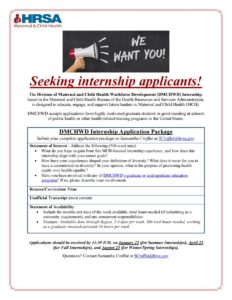

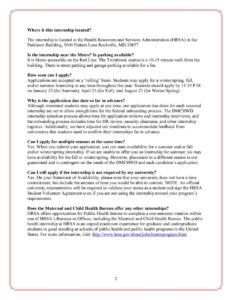




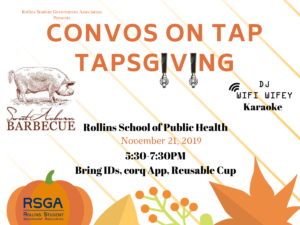
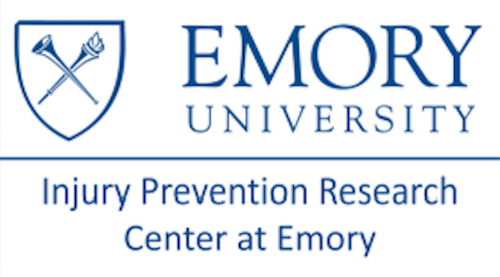

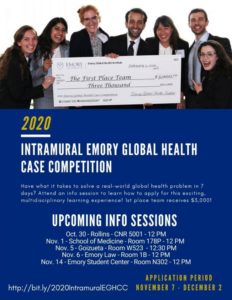

Recent Comments